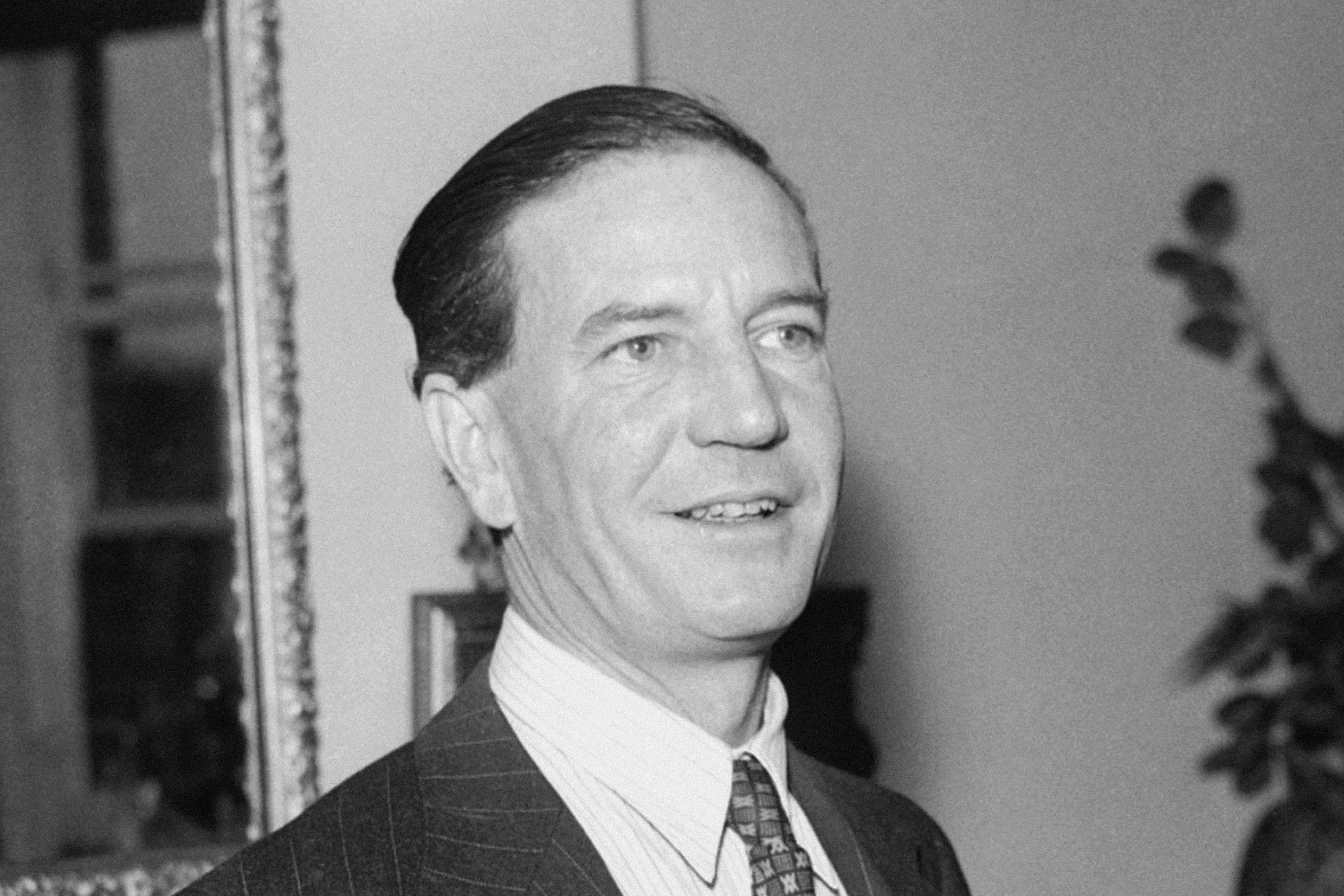British Library sought to acquire traitor Kim Philby’s archive, files reveal
Newly released files show officials feared a backlash if a payment was made to the widow of the notorious double agent.

The British Library wanted to acquire the personal archive of the notorious double agent Kim Philby in a deal worth tens of thousands of pounds to his widow, according to newly released government files.
Papers released by the National Archives in Kew show officials were horrified at the prospect that an institution such as the library could be party to an arrangement which would enrich the family of a man whose treachery was blamed for countless agent deaths.
The library sought to reassure the government that no public money would be involved and that they were seeking a “benefactor” who would finance the purchase.
But the then cabinet secretary, Sir Robin Butler, warned even that would be unacceptable, writing: “I doubt whether this is a transaction that the British Library should promote or even whether they should agree to receive the papers.”
Philby, who was recruited by the KGB in the 1930s as part of the infamous Cambridge spy ring, had risen to become a senior officer in MI6 before coming under suspicion in the 1950s.
The library was first approached by his Russian fourth wife, Rufina, in 1993, five years after his death and 30 years after he fled to Moscow amid fears he was finally about to be unmasked.
She was asking £68,000 for the collection which included details of a course Philby – a former senior MI6 officer – had run following his defection to the Soviet Union for KGB agents preparing to deploy to the UK.
There were also letters from the novelist Graham Greene, a friend from his MI6 days, and a history of the Communist Party signed by his fellow defector and double agent Guy Burgess with the alias “Jim Eliot”.
Michael Borrie, a senior member of the library staff, contacted the Cabinet Office to say that their chief executive was keen to go ahead, provided suitable arrangements could be made.
“The chief executive feels that these should be in a British public institution, provided they are what they purport to be, and have not been sanitised or made a vehicle for disinformation,” he wrote.
“He is not however willing to spend the grant-in-aid on them, and is looking for a benefactor. But we first must prevail on Mrs Philby to send them to London, for a thorough inspection.”
Mr Borrie did not say who they had in mind as a benefactor, although Cabinet Office officials believed they may have been thinking of Max Hastings, the then editor of The Daily Telegraph.
There is nothing in the files however to indicate why they thought this or to suggest that Sir Max (as he now is) was aware of it.
In the Cabinet Office, officials feared a public backlash if such a deal was agreed, even if no public money was involved.
One official, Jon Sibson, warned: “I suspect that there might be something of an outcry if it became known that a public body was involved even in this way in a transaction which would enrich a traitor’s widow.”
Officials were wary however of directly confronting the library which jealously guarded its operational independence, fearing it would simply lead to “a display of professional prickliness”.
Instead it was decided that the top civil servant at the Department of National Heritage, Hayden Phillips, should seek an informal meeting with the chairman of the trustees Sir Anthony Kenny, to discreetly warn him off.
While Sir Anthony insisted he could see nothing wrong with the papers “finding their way” to the library, according to a note of the meeting, he accepted “that there should be no possible question that the British Library had acted in any way to manipulate the acquiring of the archive”.
The approach had the desired effect and the library quietly dropped its interest in the proposal. Mrs Philby did not, however, lose out, with the various items in the collection selling for £150,000 when they were put up for auction at Sotheby’s.
Bookmark popover
Removed from bookmarks